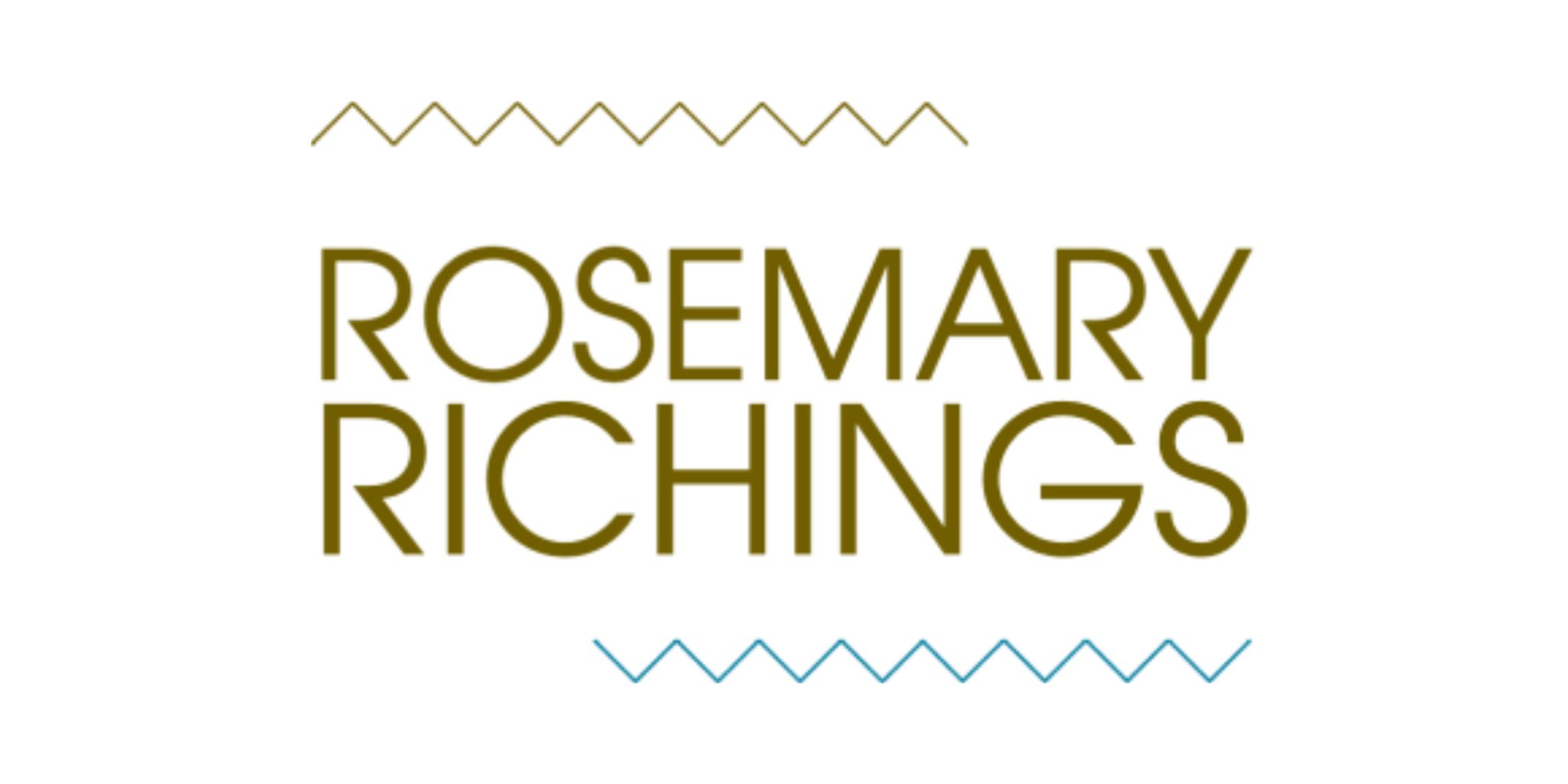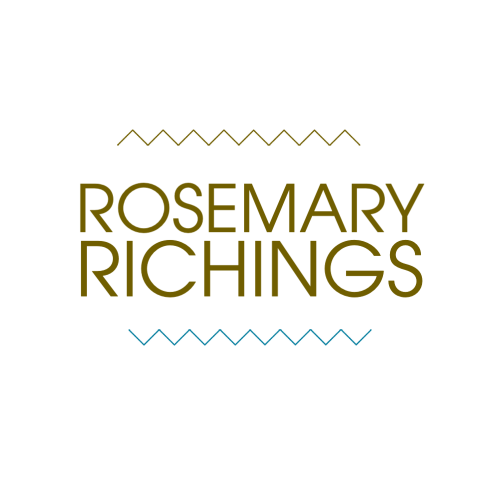The following is a guest post from writer Lucy Wyndham.
It wasn’t exactly my plan to start working from home. It just happened. After ten years of teaching, I needed a break.
As a mom of two girls, life can get complicated; so the idea of having more control over my time, working on my own with few distractions, while doing so from the comfort of my home, a coffee shop in Rome, or even a beach in Bali was too tempting to pass up.
Lots of people who work from home do so to earn a little extra cash. Getting paid by survey sites to help with market research is a popular option, but I wasn’t looking for a clever way of earning money.
I was looking for a challenging, creative career move. The chance to work in another field that had always fascinated me… I wanted to write.
A dynamic context
When I began blogging, it wasn’t as popular as it is today. And that helped give me the time I needed to establish myself. Since then, however, its been important to stay on top of my game because there are loads of creative and hardworking writers out there.
Standing out from the crowd has never been easy and probably never will be.
As such, the one thing you need above all else when working home is the ability to adapt. It’s a dynamic environment; far more dynamic than working as an on-site employee with a contract, a clearly definable employment history, job security, and the promise of redundancy pay.
You never really know what’s going to happen and that is what makes it so challenging, yet so liberating and fun at the same time.
So, what has seven years of working from home taught me and what, if anything, can I recommend to anyone thinking about taking the plunge?

Strike a balance between pay and dreams
If I could make a wish and have my dream job, I’d be writing stories for very young children to help them find their way through the maze of potentially emotional traumas that life throws at them.
I’d combine that creative streak with a daily column or two on the state of world education. And I’d work no more than five hours a day with my weekends completely free. Sadly, I have bills to pay, a mortgage to meet, school fees to cover and mouths to feed. My dream job hasn’t come along just yet with the right kind of paycheck attached.
Even so, I’ve managed to successfully work from home, because I’ve been willing to take on writing jobs that cover my expenses and leave me enough time to pursue projects I’m interested in without having to worry about how much those projects pay me.
You have to be willing to strike a balance between the ideal and the reality if you want to make things work.
Be willing to earn less and work from the bottom up (over and over)
I’ve never met anyone who gave up their regular job to work from home and hasn’t earned less. In most cases, a lot less.
Working from home isn’t something you do to get rich. It’s all about having more control over how, when and where you work, who you work for and what kinds of projects you take on. It offers freedom in exchange for giving up a large, stable paycheck.
The thing that I’ve learned over the years is that working your way up from the bottom is something that you’ll have to do more than once.
For example, I earned a decent, stable wage for a number of online marketing blogs for a couple of years. When I say decent, I mean I really was quite comfortable. But, someone asked me to write a regular travel spot for a popular online publication and there wasn’t enough time to do both. I had to choose.
I chose the travel spot, even though it meant taking a hefty pay cut because it was an area of writing I was far more interested in.
One year later and I’m still writing about travel, but the pay has much improved. The lesson? Be ready to work from the ground up over and over.
Should you work for one company or freelance for various?
It’s always best to work for more than one site or client when working from home. Over the years, I’ve had writing jobs that have lasted four or five years without any disruption. But I’ve had plenty of other jobs that have come and gone too.
Publications change the focus of their content, and small businesses cut back on expenses. And blogs are always one of the first elements to get slashed.
Invest in professional development
Professional development is important in all industries and environments. For example…
- Dancers need to attend class and choreography sessions to keep their ideas up-to-date with current trends
- Financial experts need to stay ahead of changes to tax laws and processes
- Chefs need to explore new food combinations and travel to find out how top cuisine works in other parts of the world.
As a work-from-home writer, I’ve had to become well-versed in the use of publishing platforms, like WordPress. I also stay on top of social media developments, since both platforms overlap.
I’ve also learned how to design using programs like Keynote. This allows me to apply for a writing position while sending a visually inviting presentation of my work.
And I’ve read a lot of blogs for inspiration and research.
And I’m contactable via Skype, WhatsApp, social media and email.
I also have a LinkedIn profile that’s up-to-date, which includes past employers, fellow writers, and social media specialists’ endorsements.
And The list goes on! When you work from home you have to invest time and money into professional development.
Learn to use applications and programs that will help you manage your remote-working lifestyle, and make it as easy as possible for new clients to work with you.
Judge when it’s right to move between working from home and on-site employment
I think it’s also worth mentioning the benefits of shifting between a work-from-home lifestyle to on-site employment now and then.
Although I’ve spent most of the last seven years working from home, I took a “year out”, three years ago, to return to a traditional work environment. I worked for an arts and culture magazine full-time, as an in-house culture correspondent. Why? Well, for a few reasons actually.
Despite the number of people now choosing to freelance from home, we still live in a world in which banks favour people with a steady employment history and full-time contract. I also wanted to take out a mortgage.
At the same time, the opportunity was going to give me experiences I’d never had. And it looked really solid on my CV. And working from home was beginning to take its toll.
I needed to take a break to earn a steady paycheck.
Again, the beauty of working from home all comes back to freedom. I was able to step back into full-time employment, reap the benefits, and then get the hell out of there when the time was right.
P.S. Naturally, I took a pay cut when I returned to the freelancing world. Remember… you’ve got to roll with the punches in this game!

Lucy Wyndham became a freelance writer and editor after working in retail administration for over a decade. Transitioning from an office environment to working from home was a big adjustment; especially with a new family, but she now believes it was the best decision of her life. When not working, Lucy loves nothing more than to tend her garden and take her dog for long country walks.


